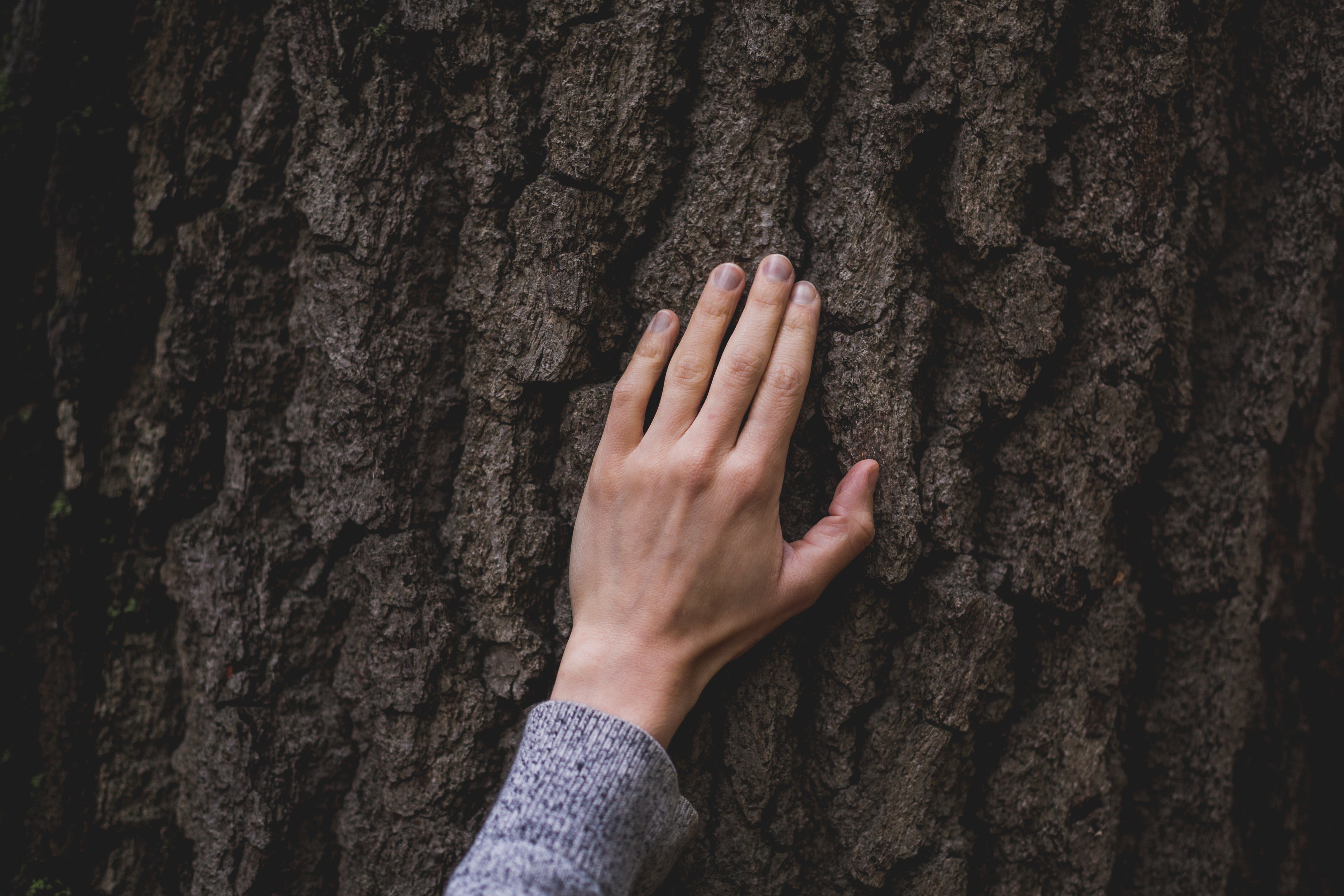
OUR ETHOS
A Conscious Commitment to People and Planet
Consciously Made
Fashion is one of the most polluting and unethical industries in the world. While clothing remains a basic human necessity, it is imperative that we rethink and evolve the industry forward. We give conscious thought to every step of our supply chain, doing our best to reduce environmental impact and ensure the wellbeing of the people that create our clothes.
-

SUSTAINABLE MATERIALS
We use natural, renewable, recyclable, or biodegradable fabrics and materials, avoiding toxic chemicals and minimizing waste.
-

SOCIAL IMPACT
We partner with manufacturers and suppliers that share our values, ensure fair wages and ethical working conditions.
-

TRACEABILITY
We trace and track everything from raw materials to finish product to ensure strict standards are met at every step.
-

MADE TO LOVE AND LAST
We choose to make timeless, high quality clothing in controlled quantities and encourage responsible buying.

A single cotton t-shirt requires about 2,700 liters of water to produce and emit about 4 kilograms of CO2 equivalent throughout its life cycle.
About 2 billion t-shirts are sold each year. As the most versatile and universal garment, the t-shirt also results in the largest environmental and social impact in the fashion industry.
Sustainability Certifications
-

GOTS 6.0
Learn MoreEnsures the use of organic farming practices, non-toxic dyes and chemicals, environmentally friendly processing methods, and ethical labor practices.
-

Standard 100
Learn MoreA label for textiles tested for harmful substances. It sets the benchmark for textile safety, from yarn to finished product.
-

OCS 100
Learn MoreVerifies the presence and amount of organic material in a product and tracks the flow of the raw material from its source to the final product.
-

WRAP
Learn MoreEnsures garment factories and workers have safe, humane, lawful, and ethical working conditions.
-

"True sustainability is much more than just better materials. Most of the industry's environmental and social impact occurs at the farms and factories way before a fabric or garment is made, and long after it's sold and discarded. We're not perfect, but we are looking at every step and process to find better solutions."
Justin Foo, Founder of Everblanks








